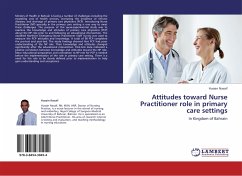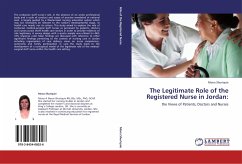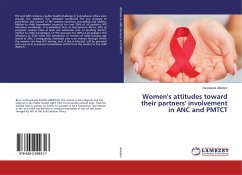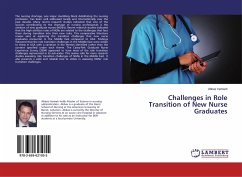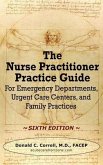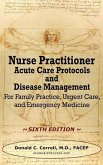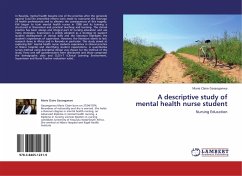Ministry of Health in Bahrain is facing a number of challenges including the escalating cost of health services, increasing the incidence of chronic diseases, and shortage of primary care physicians (PCP). Introducing Nurse Practitioner (NP) specialty in the primary care setting is one way to meet these challenges. The purpose of this quasi-experimental study was to examine the knowledge and attitudes of primary care physicians (PCP) about the NP role prior to and following an educational intervention. The modified Northern Emergency Nurse Practitioner Staff Survey was used to measure the PCP' attitudes and knowledge. A total of 90 PCP completed the pre-test and post-test. The study findings showed that PCP had poor understanding of the NP role. Their knowledge and attitudes changed significantly after the educational intervention. Post-test data indicated a positive correlation between knowledge and attitudes toward the NP role. More educational preparation and orientation to NProle for PCP is needed before the implementation of the role in primary care setting. There is a need for the role to be clearly defined prior to implementation to help gain understanding and acceptance.
Bitte wählen Sie Ihr Anliegen aus.
Rechnungen
Retourenschein anfordern
Bestellstatus
Storno

